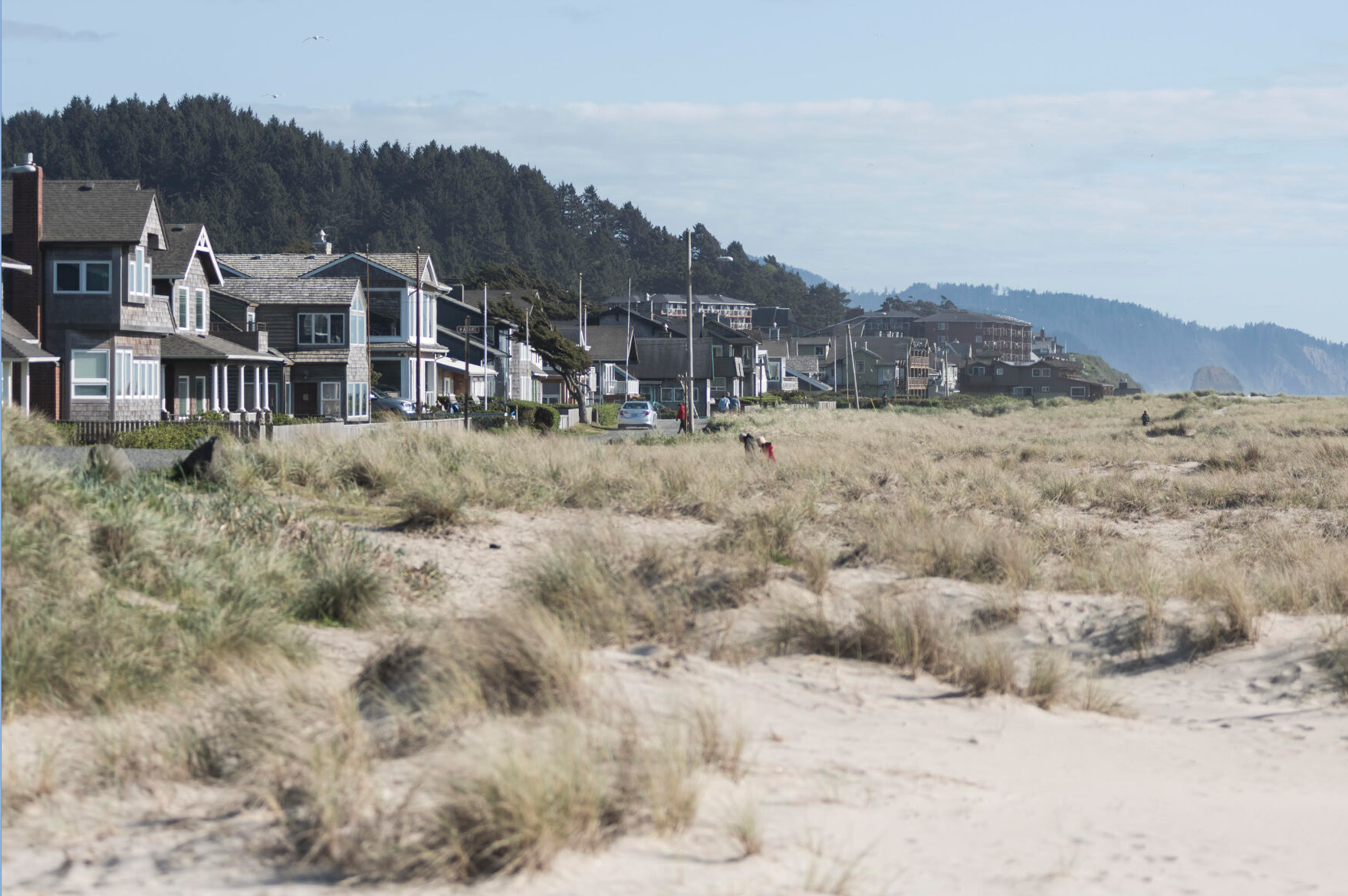‘Squaw’ names live on in local lakes, mountains
Published 5:00 pm Wednesday, July 16, 2014
The term “squaw” used to show up in Oregon geography approximately 180 times, more than in any other state.
Trending
The names of 65 of those locations or places have been changed, mostly in the last dozen years at the request of the state Legislature, because of the term’s derogatory reference to Native American women.
The Oregon Geographic Names Board considers requests from the public on a case-by-case basis, weighing proposed new names most often recommended by Native American tribes with a history in the area. The U.S. Board on Geographic Names makes the final decisions.
In addition to the 65 changes, another 60 await approval from a federal board that makes final determinations, according to data provided by the board.
Trending
But because of disagreements over Native American names and spellings, an effort to change the 20 squaw geographic references in Jackson and Josephine counties fizzled a few years ago, say members of the board. As a result, all of them remain labeled with “squaw.”
Board member Champ Vaughan said that former U.S. Forest Service historian Jeff LaLande, the late author Kay Atwood and a Native American representative from the area were behind the effort. Atwood, who wrote “Illahe,” a history of the lower Rogue River, died in May.
“They tried to use tribal names,” Vaughan said. “There was opposition among Native American tribes. They didn’t like the spelling or the pronunciation. Because of the opposition we delayed action and eventually dropped it. The proponents withdrew the proposals.”
The most well-known local references include Squaw Lakes, a pair of popular fishing and camping lakes about five miles east of Applegate Reservoir near the California border. The local trio proposed it be changed to Natoncha Lake, the native Dakubetede word for “big mountain.”
Northwest of Selma is 4,702-foot Squaw Mountain, a flat-topped mountain that burned in the Biscuit Fire of 2002. A creek and gulch nearby go by the same name. The proposed name change was Teecumtum, the last of the local Native American leaders to surrender to the U.S. Army in 1856. The remaining Native Americans of the Rogue Valley were forced 150 miles north to the Grande Ronde reservation at that time.
You don’t have to go far to find another Squaw Mountain, only about 10 miles east of Cave Junction near the Caves Highway. Its proposed change was Kailapa Mountain, meaning “woman” in Takelma.
Squaw Gulch near Wonder would have become Waiwee Gulch. Waiwee is the Takelma word for young woman.
Phil Cogswell, a member of the Oregon names board for more than 30 years and its current president, said the Grande Ronde and Siletz tribes were behind the opposition to the proposals for Jackson and Josephine counties.
“My recollection was they wanted to participate in the process, and the proponents down there didn’t want to get involved in a disagreement,” Cogswell said.
The word “squaw” is believed to have originated with the East Coast Algonquin tribes as a term for woman, then been spread westward by white settlers who often used it in a derogatory fashion.
The effort to change the names has been far more successful in Central Oregon, where the only remaining squaw location is Squaw Lake, a tiny seasonal lake about 60 miles southeast of Bend.
The board has had no requests to change its name.
ÑÑÑ
Associated Press contributed to this story.









